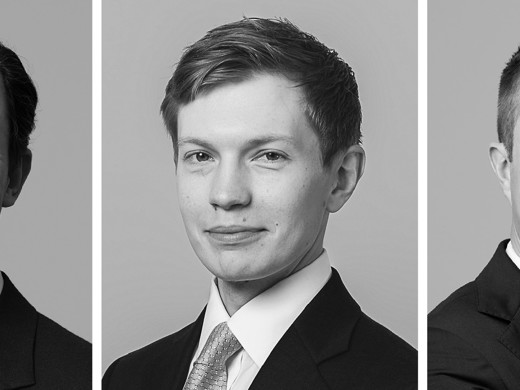Trends in collective redress across Europe: Legal finance as a tool for institutional investors and commercial claimants




While opt-out style class actions are a mainstay of the US litigation landscape, collective action regimes across Europe and the UK take many different forms, and at present there is very little harmonization across jurisdictions. However, the implementation of …